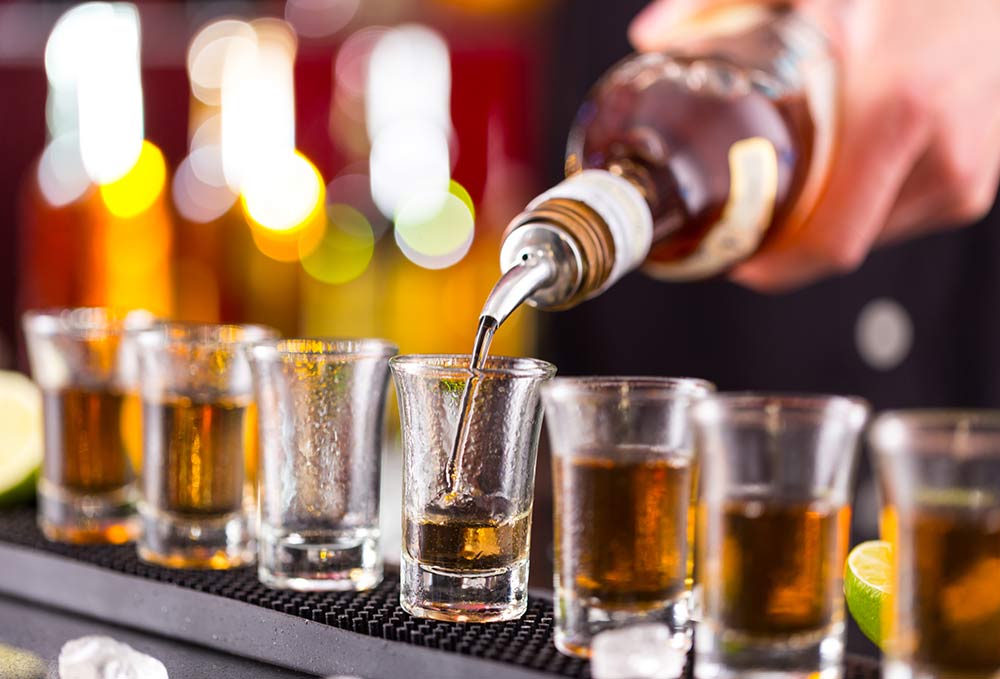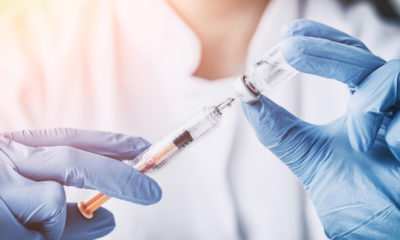Health
Is Giving Up Alcohol For A Month Actually Worth It?
No matter what you celebrate in December, we can all agree – it’s a heavy month.
From your bank account to your calorie count, we all tend to splurge a lot more during the last month of the year. That’s why many people tend to take a break from drinking alcohol once January rolls around.
Giving up your favorite cocktails in favor of alcohol-free beverages is a trend that comes around like clockwork, but how much damage can you really undo with just one month of abstinence? Does staying sober for 31 days really make a difference to your health? What are the long-term effects?
Dry January
In the UK, back in 2011, the charity Alcohol Concern launched Dry January. A, now, annual campaign which sees millions of Brits pledge to not touch a drop of alcohol for the month. Although many do it to test their own willpower, that is not the main objective of the project.
Ian Hamilton, author of a 2016 article published in the British Medical Journal and lecturer in the Department of Health Sciences at York University says: “Alcohol Concern’s ambition is to alter people’s relationship with alcohol by encouraging us to reduce the amount we drink, not just for a month but for life”.
Furthermore, Dr. Richard Piper, CEO of Alcohol Concern, said: “Dry January is a national campaign which changes lives. The benefits are astounding: 49% of people lose weight, while 62% sleep better and a whopping 70% save money.”
– RELATED: Do You Have To Ditch Alcohol To Lose Weight? –
While those statistics sound promising, there isn’t a lot of research on the long-term effects of short-term sobriety programs such as Dry January. However, back in 2013, an experiment was conducted at University College London Medical School. This study showed that when ‘normal drinkers’ abstained from alcohol for five weeks their health did improve.
Not only was their liver condition improved, but total blood cholesterol and blood glucose dropped while sleep quality improved by around 10%. Even if your liver shows no visible damage, there is no denying that taking a booze break is a good thing.

Back off the wagon
The main problem that people face is, come February 1st, they’re back to their old drinking habits. In the US, 30% of Americans don’t drink at all. However, 10%, that’s 24 million of us, drink 73 alcoholic beverages a week – a week!
We all know that drinking too much doesn’t do wonders for our health, but Hamilton suggests that “it would be better to have two alcohol-free days each week, all year, rather than one-month abstinence”.
– RELATED: How Alcohol Affects Your Fitness –
No, that doesn’t mean staying in on a Friday and having the girls over on Saturday. Your liver needs around 48 hours to recover, so non-drinking days must be consecutive.
It’s not all bad news, however, as a small follow-up survey from Alcohol Concern found that of 60 Dry January participants, 8% decided to stop drinking altogether and two-thirds reduced their drinking once February rolled around.
If you are trying to stay away from the booze for January, we wish you luck! And if you want to get involved head over to Alcohol Concern’s website.
For more like this, sign up for the TRAIN for HER newsletter.






















